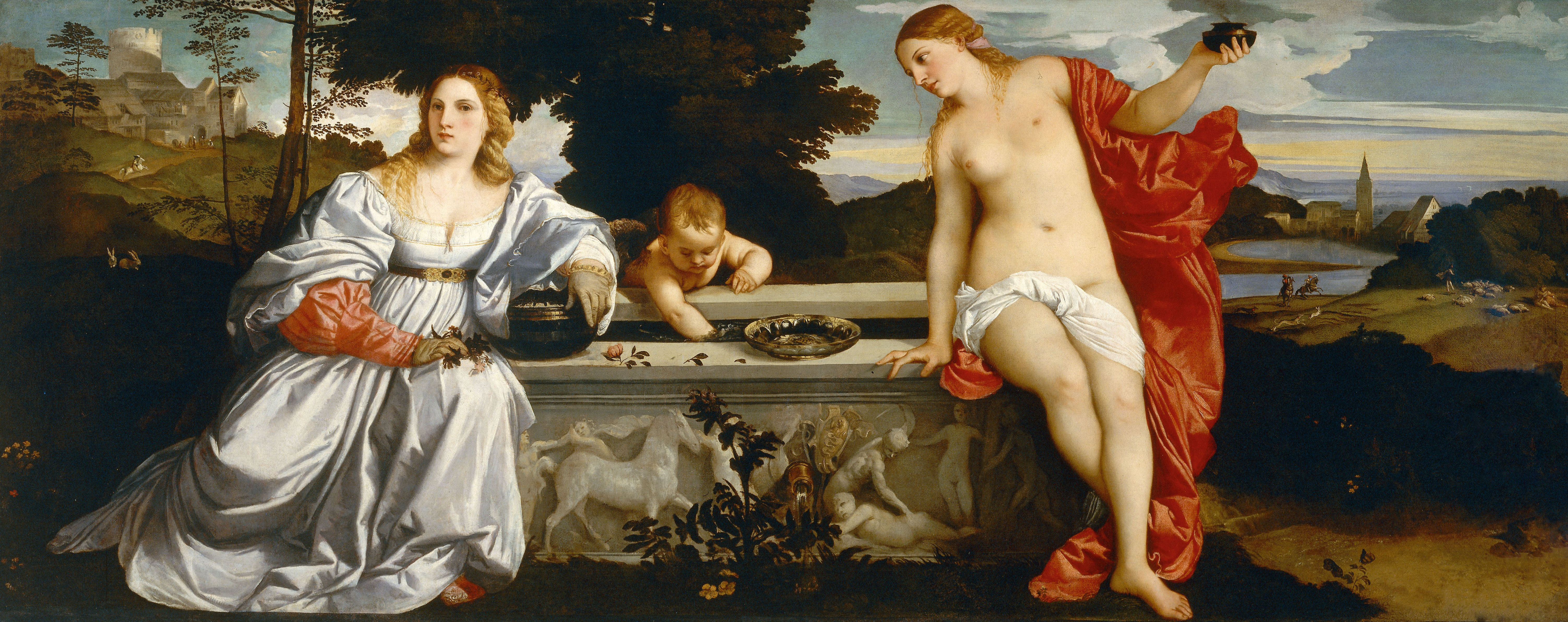
Madonna–whore complex
In psychoanalytic literature, a Madonna–whore complex (also called a Madonna–mistress complex) is the inability to maintain sexual arousal within a committed and loving relationship.[1] First identified by Sigmund Freud, who called it psychic impotence,[2] it is a psychological complex that is said to develop in men who see women as either saintly Madonnas or debased whores. Men with this complex desire a sexual partner who has been degraded (whore) while they cannot desire the respected partner (Madonna).[3] Freud wrote, "Where such men love they have no desire, and where they desire they cannot love."[4] Clinical psychologist Uwe Hartmann wrote in 2009 that the complex "is still highly prevalent in today's patients".[3]
In popular culture[edit]
In film, Alfred Hitchcock used the Madonna–whore complex as an important mode of representing women.[17] In his film Vertigo, Kim Novak portrays two women that the hero cannot reconcile: a blonde, virtuous, sophisticated, repressed "Madonna" and a dark-haired, single, sensual "fallen woman".[18] The Martin Scorsese films Taxi Driver and Raging Bull featured sexually obsessed protagonists, both played by Robert De Niro, who exhibit the Madonna–whore complex.[19][20] The David Cronenberg film Spider also focuses on the complex.[21]
Singer Madonna has played with both identities, especially in her earlier career, though her name is a coincidence.
Bareket, O., Kahalon, R., Shnabel, N., & Glick, P. (2018). The Madonna-Whore Dichotomy: Men who perceive women's nurturance and sexuality as mutually exclusive endorse patriarchy and show lower relationship satisfaction. Sex Roles, 79, 519-532. https://doi.org/10.1007/s11199-018-0895-7
Kahalon, R., Bareket, O., Vial, A. C., Sassenhagen, N., Becker, J. C., & Shnabel, N. (2019). The Madonna-whore dichotomy is associated with patriarchy endorsement: Evidence from Israel, the United States, and Germany. Psychology of Women Quarterly, 43(3), 348-367. https://doi.org/10.1177/0361684319843298
Klein, V., Kosman, E., & Kahalon, R. (2023). Devaluation of Women’s Sexual Pleasure: Role of Relationship Context and Endorsement of the Madonna-Whore Dichotomy. Sex Roles, 1-15. https://doi.org/10.1007/s11199-023-01424-3